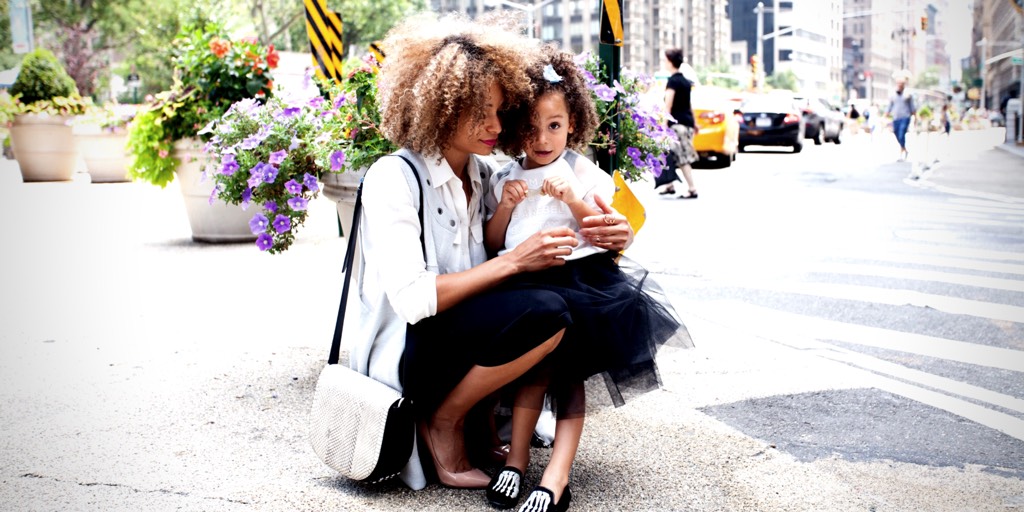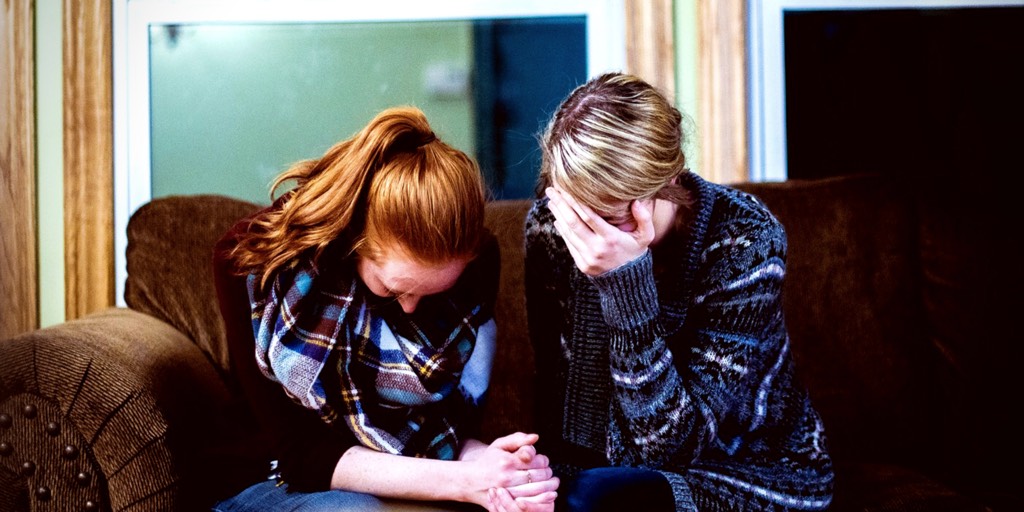
Grief and the loss of a loved one isn’t something that we give much thought to. Aside from the odd worry here and there, we don’t spend our lives worrying about death or thinking about how we would cope if we lost someone close. Nor should we. Life is short, and it shouldn’t be wasted with worries about things that we’ve got no control over. It’s enough to be aware that life is a precious thing that will one day end for all of us.

Then, suddenly, it’s there. Whether death comes slowly over months or years or quite suddenly, it’s somehow always a shock when we lose a loved one. We’re never prepared, we never quite know what to do or how to cope. We’re looking at funeral homes online to learn more about their funeral services. Our emotions are all over the place, and we are struggling to cope. As adults, we’re aware that these feelings will pass and that over time we will come to terms with our loss. We can logically expect that one day we’ll look back at our memories of the person we’ve lost with joy and happiness, just tinged with the sadness of a long-ago loss. But, that never helps. Not in the first few weeks when the loss is fresh, and our feelings are raw.
So, imagine how it must be for a child. A child with no experience or understanding of these things. Who can’t comprehend that things will get better over time and has nothing to cling on to. Loss can be difficult to understand and exceptionally hard to accept for children. As parents, we not only have to manage our own feelings and deal with our own grief. We have to explain it to old children, to support them and help them understand. It can be one of the hardest things that we have to do. Here are some tips to help you deal with this unbearable situation.

Remember, Children are All different
When it comes to dealing with death, your child’s response will very much depend on their age, understanding, and maturity. A baby or toddler won’t be able to understand, but nor do they need to. They’ll know that you are sad, and they may be aware that someone is missing from their life. But they won’t understand or remember as they get older.
Older children may respond in a variety of ways. They may blame themselves, worry about their own death, or yours, they might struggle to accept that what you are saying is true. They might also get angry with other people and the world at large. They might face a crisis of faith. They may simply be sad. You know your child better than anyone, but you still shouldn’t expect a specific response. Be prepared for anything.

Tell Them
If your child is old enough to understand, then you should tell them. Don’t try to hide it; they will find out at some point and be angry. Sit them down and be honest with them. Using terms like “gone to sleep” or “gone away” might seem easier, both for you to say and your child to hear, but it can be confusing. They might not know what this really means, or spend time expecting the dead person to return. They may wonder why they can’t contact them or feel like they have been left behind.
Instead be honest and open. Explain death and its permanence. Tell them how the person died, without going into upsetting detail and talk about any afterlife beliefs that you might have. Honesty is tough in these situations, but long-term it makes a tough time much less confusing.

Encourage them to Ask Questions
Even if you are honest and share as much as you can your child is bound to be confused. Young children have no concept of death. They might not even be aware that it happens. There’s bound to be questions that you wouldn’t have thought of. Encourage them to ask you anything, at any time and continue to be honest with them.
If they ask something that you don’t know the answer to, spend some time doing some research and explain when you are ready. Don’t lie or shy away from things that you don’t understand yourself.

Don’t Protect them From Your Grief
When it comes to dealing with loss, it’s important that children are allowed to explore their emotions and express them in any way that they can. They will start by following your lead. Hide your own grief from them, and they’ll feel like they’re meant to keep things in or be sad in private.
Tell them how you are feeling and let them see your grief, protecting them won’t help, so don’t feel like you need to be strong.

Share Memories
To start with, it may be painful to talk about the person that you have lost, but it’s an important part of coming to terms with a loss. Sit with your child and share your favorite memories of your loved one and ask them about theirs. Encourage them to talk about the person to help them remember the good times.

Ease Their Worries
If this is the first time your child has come across death, it can cause them to worry. Kids are very sensitive and tend to look at everything in the extreme. They may worry about their own death or other people dying. You might find that they are suddenly scared of doing things or a little clingier.
Try to ease these fears while also being honest. Explain that yes, we will all die one day, but that there’s no reason to think that you won’t both lead a long and healthy life.

Get Help
Sadness, anger, upset and confusion are all completely normal and to be expected. But, if it seems to be getting worse, their grief is starting to affect their behavior or school performance, or you are worried about how they are coping, don’t struggle alone. There are countless books on the subject of loss in childhood and children’s grief that might help. Or, see your doctor who may be able to recommend a children’s grief counselor.
How do you help your child deal with the loss of a loved one? Please share in the comments below. I really would love to know.
Until next time, shine amongst the stars!
‘This post may contain affiliate links’
If you like what you have read, make sure you don’t miss a single article!
Subscribe Today!






This is a definitely a difficult issue to deal with a child. I haven’t yet come across this situation in my own personal life, but these are great tips for those who have.
Indeed ❤ Thank you for reading & sharing your thoughts! I really appreciate your support, comfort, and love. I read every single comment and it helps to shape LavandaMichelle.com into the best blog possible.❤ Lavanda Michelle North Carolina Lifestyle Blogger
I haven’t encountered this but thank you for giving many tips. Losing someone is hard.
My Pleasure Blair ❤ Thank you for reading & sharing your thoughts! I really appreciate your support, comfort, and love. I read every single comment and it helps to shape LavandaMichelle.com into the best blog possible.❤ Lavanda Michelle North Carolina Lifestyle Blogger